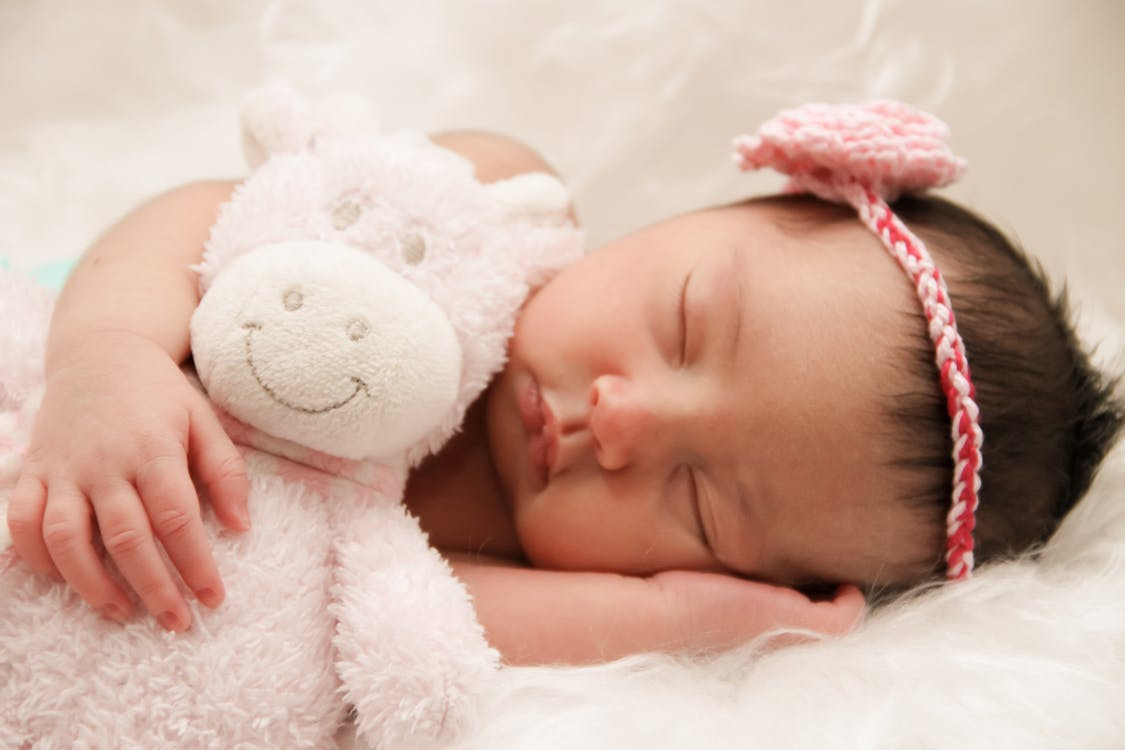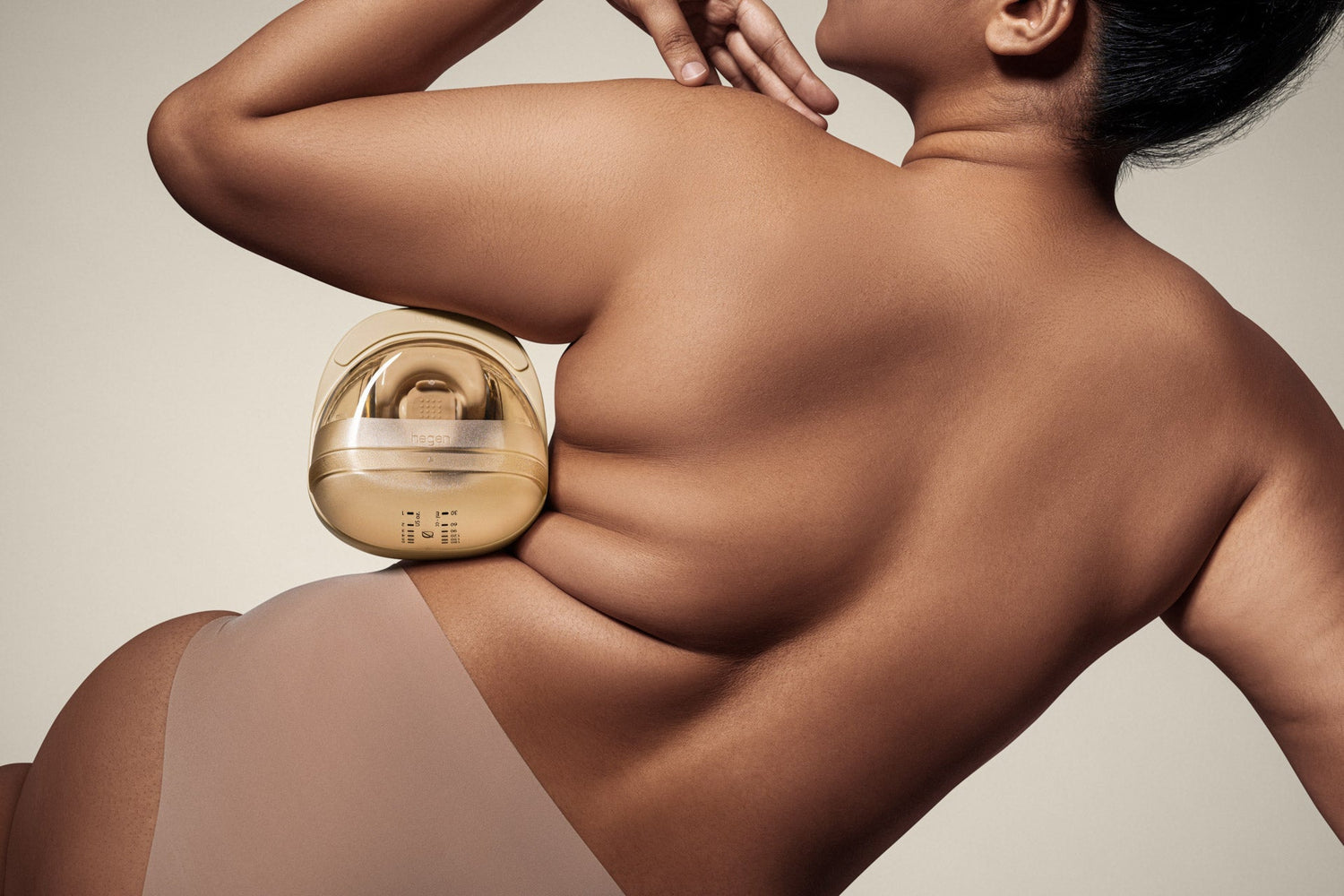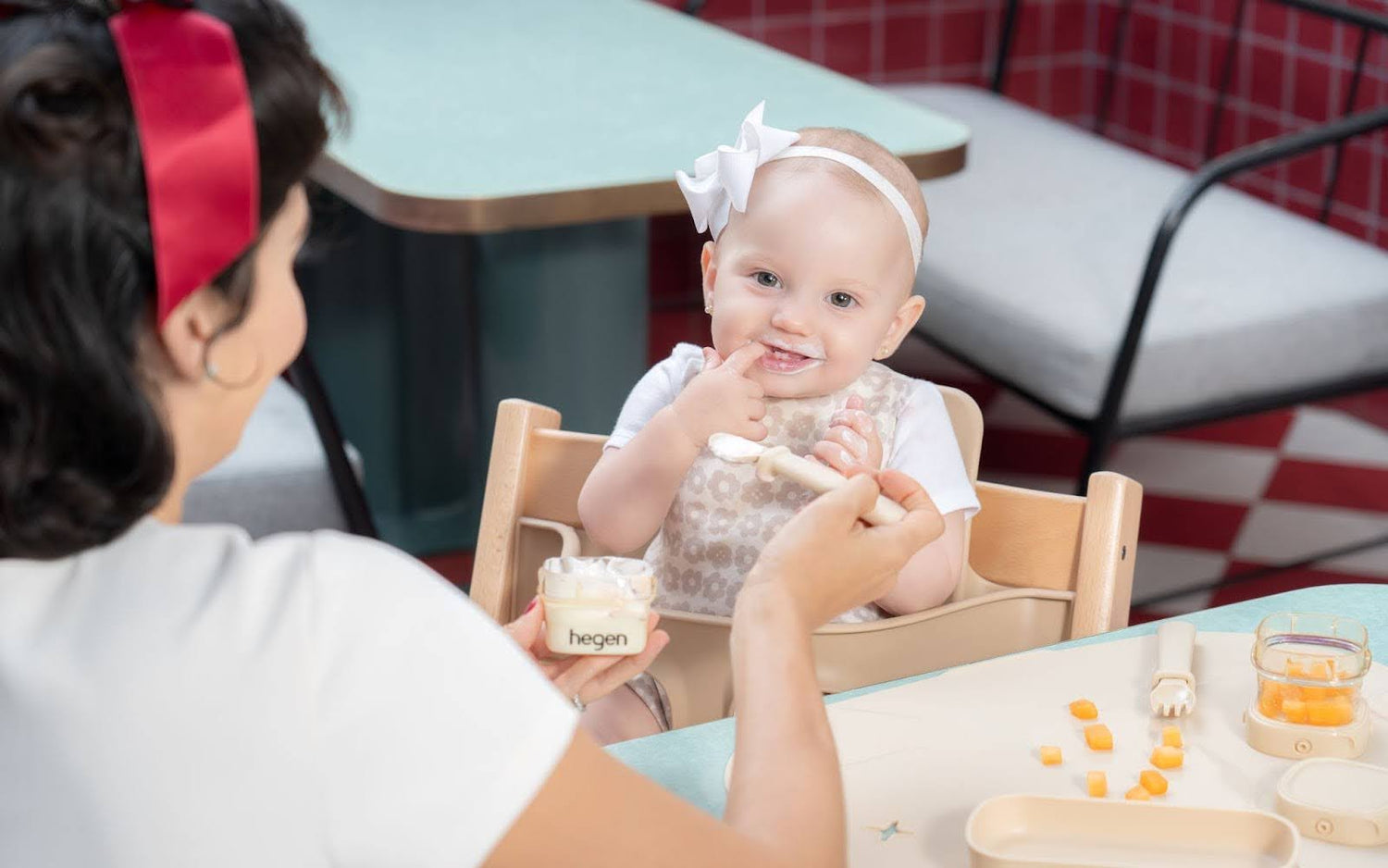Newborn skin is impossibly soft and just as fragile. For many new parents, figuring out how to care for it can feel like tiptoeing through a maze of advice, product labels, and unexpected surprises. Is that flaking normal? Should you be moisturising daily? What’s the best way to clean all those folds?
The truth is, baby skin needs a different kind of attention. It’s more sensitive, still adjusting to the world outside the womb, and prone to things like dryness, redness, or rashes. But with the right approach and a little confidence, you can create a skincare routine that keeps your little one comfortable, clean, and protected.
Why Newborn Skin Is A World Of Its Own
A newborn’s skin isn’t just softer; it's thinner, too. That means it loses moisture quickly and reacts more easily to irritants, even things as harmless-seeming as fragranced wipes or harsh soaps.
In the first few weeks, it’s completely normal for your baby’s skin to go through some changes. You might notice peeling, flaky spots, or tiny bumps. These are usually temporary and part of the skin’s natural adaptation process. The key during this time? Keep things simple, gentle, and fragrance-free.
Building a Baby Skincare Routine You Can Trust
There’s no need for a 10-step routine. Just a few thoughtful habits go a long way.
Bathing: Less is More
You don’t need to bathe your baby every day, in fact, 2 to 3 times a week is plenty in those early months.
- Use warm (not hot) water and a soft cloth or just your hands
- Skip soap for now, or use a mild, fragrance-free cleanser made for babies
- Be extra gentle, this means no scrubbing and no loofahs
- On non-bath days, you can still clean around the neck folds, behind the ears, and in the diaper area with warm water
After the bath, gently pat your baby’s skin dry and apply a fragrance-free moisturiser while the skin is still slightly damp as it helps seal in moisture. Creams and ointments tend to work better than lotions for newborns, especially if their skin tends to be dry or eczema-prone.
Cradle Cap: Flaky, but fixable
Cradle cap looks like yellowish, greasy flakes on the scalp. It might seem alarming, but it’s harmless and usually clears up on its own.
You can help things along by:
- Applying a baby-safe oil to loosen the flakes
- Brushing gently with a soft baby brush
- Washing with a mild shampoo once or twice a week
- What not to do: don’t pick at the flakes, even if they’re tempting.
Diaper Care: A Layer Of Love
The diaper area is one of the most sensitive zones and also the most prone to irritation. Frequent changes, gentle cleaning, and barrier creams are your best friends here.
- Clean with warm water or fragrance-free wipes
- Let the area air dry when possible
- Use a thin layer of zinc oxide barrier cream to protect the skin
If you notice persistent redness, bumps, or broken skin, check with a paediatrician as it might be more than just a typical diaper rash.
Sun And Heat: Less Exposure, More Coverage
Newborns aren’t ready for direct sunlight. Their skin doesn’t yet produce enough melanin for protection, and sunscreen isn’t recommended until they’re at least six months old.
So if you’re heading outdoors:
- Keep your baby in the shade
- Dress them in light, long-sleeved clothing and a soft hat
- Watch for signs of overheating or heat rash (tiny red bumps that appear in warm areas like the neck or armpits)
How to Choose Baby Skincare Products: What To Know
Labels can be confusing. But, a few key terms can help you make safer choices:
- Look for: “fragrance-free,” “hypoallergenic,” “paediatrician-tested”
- Avoid: alcohol, parabens, dyes, essential oils, and harsh preservatives
- Try a patch test before using anything new — apply a little to your baby’s arm or leg and wait 24 hours
And remember, less is more. Your newborn baby doesn’t need a cupboard full of skincare products, just a few essentials that are gentle and nourishing.
Feeling Unsure About Newborn Skincare? You’re Not Alone

Every baby’s skin is different. What works for one may not work for another. Some dryness or flakiness is completely normal, and most newborn skin issues resolve with time, moisture, and minimal interference.
If you’re ever in doubt or simply want to feel more confident in caring for your baby’s delicate skin , consider enrolling in our newborn care course. These sessions give you and your partner the chance to learn together, gaining hands-on experience in a supportive, judgment-free environment.
Because when you feel empowered, your baby benefits from that confidence too.





